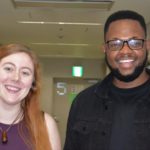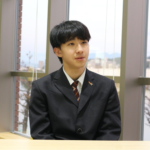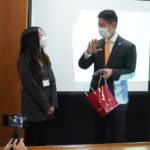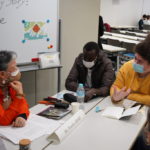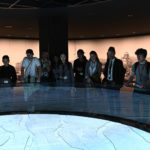Interview With a Participant in the Hiroshima-ICAN Academy
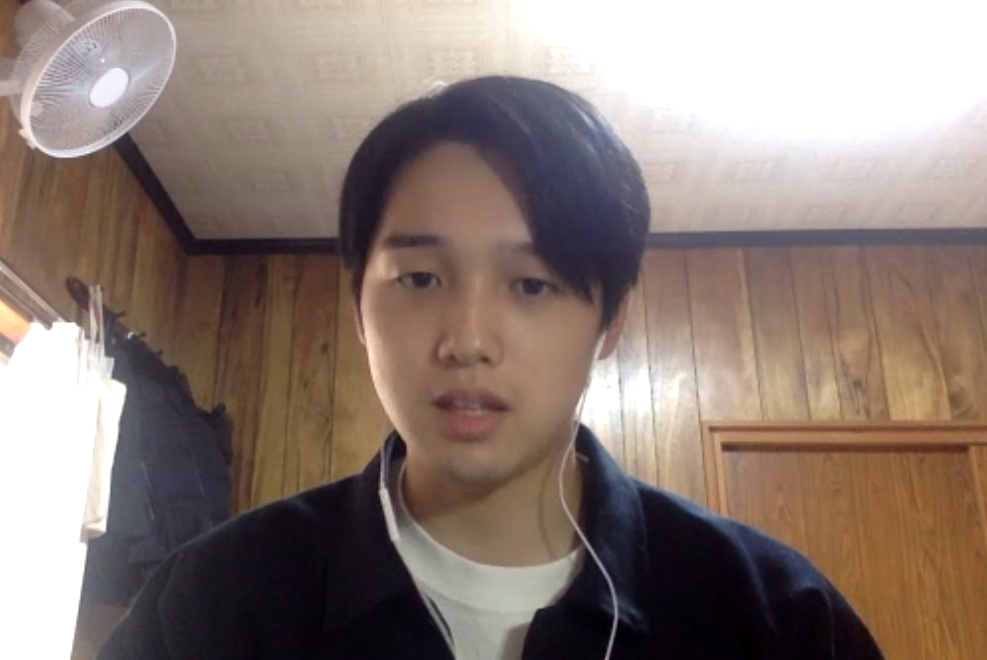
Hiroshima Prefecture and the International Campaign to Abolish Nuclear Weapons (ICAN) are hosting the Hiroshima-ICAN Academy on Nuclear Weapons and Global Security (hereinafter referred to as the “Academy”) from 2019. We asked Mr. Asano, who participated in this fiscal year’s Academy, to talk about his experience.
●What prompted you to apply for the Academy?
When I was a junior in high school, I learned about the history of the use of atomic bombs in the war during a peace study class, and I began to wonder if I could do something to help create a world without nuclear weapons. So now I am doing research on atomic bomb survivors in graduate school. In graduate school, I studied the history of the people of Hiroshima and Nagasaki, as well as the people of the Marshall Islands in the Pacific Ocean who were exposed to radiation as a result of nuclear weapons testing, and while I believe that we must never again allow such a thing to happen to anyone, I feel frustrated by the current lack of progress in the abolition of nuclear weapons. I wanted to find out what young people around the world thought about this, so I applied for this program.
●What kind of things did you do at the Academy?
At the academy, we listened to lectures by professors and atomic bomb survivors, and had online discussions with members who participated from all over the world. This year’s themes included “Humanitarian Impact of Nuclear Weapons,” “•Political, legal, and technical aspects of nuclear weapons and global security,” and “Civil society in action,” and so on. At the end of the four-part program, there was a panel discussion with ICAN Executive Director Beatrice Fihn, UN Under-Secretary-General (High Representative for Disarmament Affairs) Nakamitsu Izumi, and Hiroshima Governor Yuzaki Hidehiko.
The Academy was attended by about 30 young people under the age of 30 from all over the world, including the United States, Russia, China, Cameroon, Argentina, and Pakistan. Due to the time difference, the start time was different each day, which was interesting (laughs).
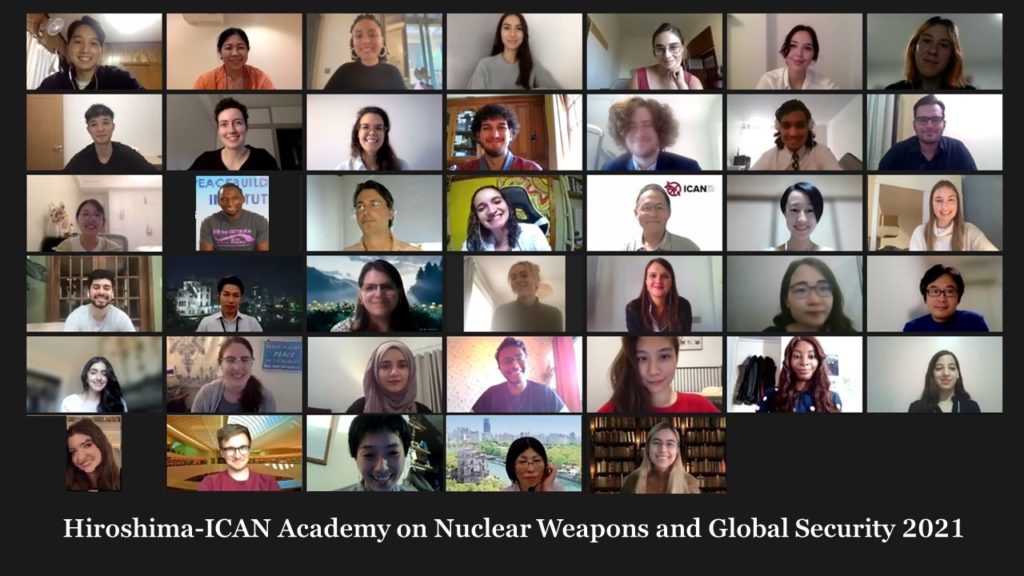
●What did you feel at the Academy?
During the discussion on nuclear weapons and security, I was struck by the fact that even young people from nuclear weapon states such as the U.S. and Russia said that nuclear weapons are not useful for their own security and should be eliminated. Of course, it was natural for them to make such a statement since the academy was co-hosted by Hiroshima Prefecture and ICAN, but they were drawing such conclusions based on logic, not emotion. I felt the importance of building solidarity with those who wish for nuclear abolition in the nuclear weapon states.
As I was the only Japanese participant, I was asked many questions during the discussion, such as “Why doesn’t Japan join the Treaty on the Prohibition of Nuclear Weapons even though it experienced the tragedy caused by nuclear weapons in the war? I felt that Japan’s activities were attracting international attention, and it made me think about what kind of message I should send out as a Japanese citizen.
What I also learned this time was the existence of people who are engaged in peace activities in various ways. I have been approaching the abolition of nuclear weapons from an academic point of view, but there are people in the world who are trying to convey the tragedy of nuclear weapons through art, and there are people who are trying to contribute to peace by creating school trips and educational programs for middle and high school students. I felt it was important to listen to the stories of people who are involved in these movements in order to broaden my own horizons.
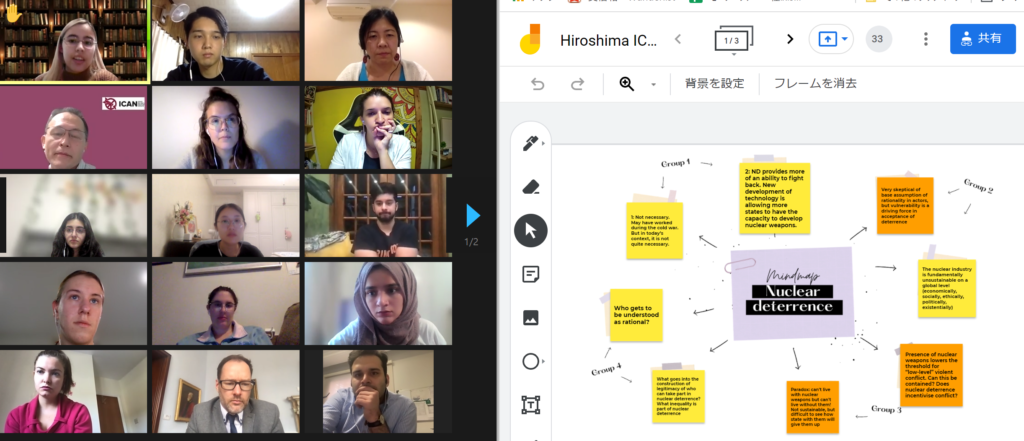
↑Brainstorming on the topic, “What role can civil society play toward nuclear disarmament?”
●Please tell us about your dreams for the future.
After participating in the Academy, I have two thoughts: first, I would like to be more involved in the movements that are taking place around the world. I have been working as an intern at the Japan NGO Network for Nuclear Weapons Abolition since last month, but I would like to participate in more activities of various organizations.
Another thing I would like to do is to delve deeper into my current academic research, as I am also a student. In the future, I would like to become an expert on the issue of nuclear weapons in East Asia and be able to propose measures to eliminate them.
■Profile
Asano Hideo was born in 1996 in Ibaraki Prefecture. He studied international politics at the Faculty of International Liberal Arts, Soka University, and went on to study at the Graduate School of International Cooperation Studies, Kobe University. He is currently in the first year of a doctoral program and plans to attend the Middlebury Institute of International Studies at Monterey, which is known for specializing in disarmament and nuclear non-proliferation, in September 2022.
Tags associated with this article



